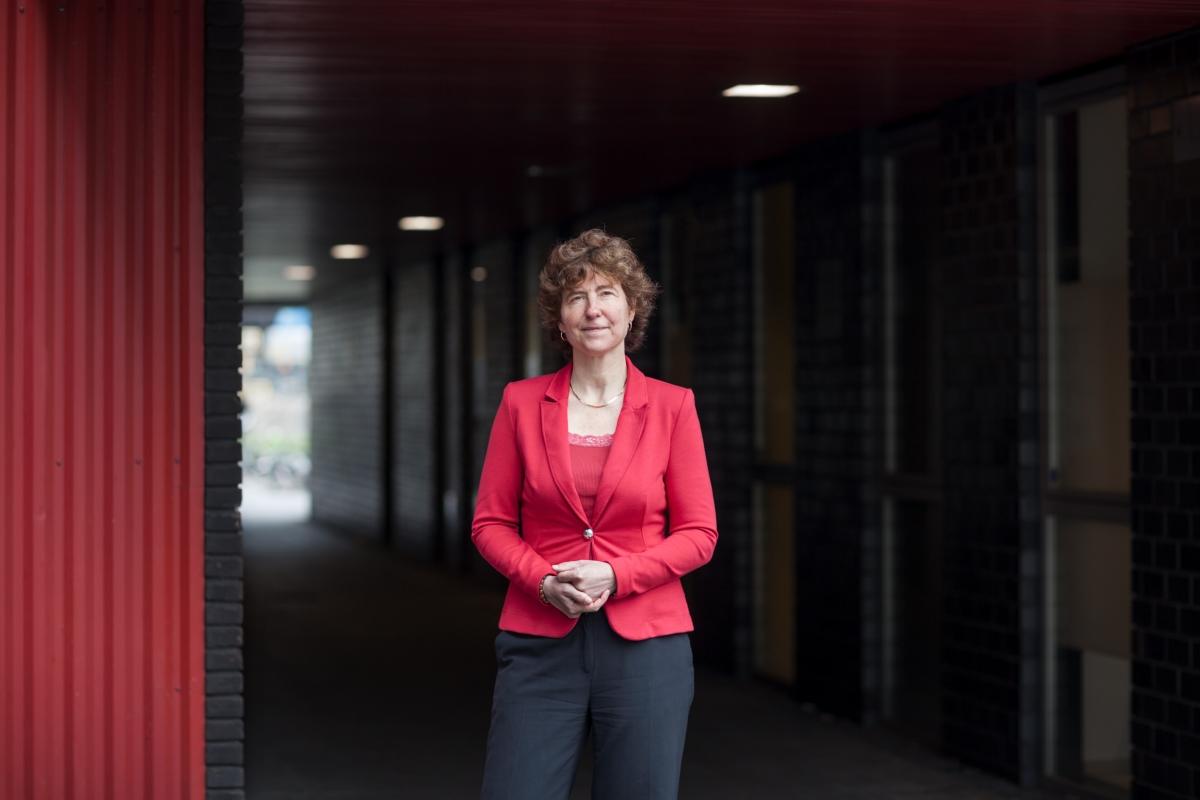‘No mass exodus of scientists leaving the Netherlands yet’

In ten years’ time, the percentage of foreign scientists working at Dutch universities has almost doubled, from 17 percent in 2005 to 30 percent in 2015 – and the KNAW isn’t even including postdocs and PhD candidates in that figure.
Simultaneously, just as many Dutch scientists are going abroad. The balance is good news, according to a KNAW committee, which presented its report this week.
“In the media, we’re often seeing alarming stories about top scientists who leave the country, but that’s not the whole truth,” says Utrecht professor of sociology, Tanja van der Lippe, who is the chairwoman of the KNAW committee. “There’s no brain drain happening – but there is more mobility.”
Why do researchers want to come here? They’re happy with the good schools for their children, and they appreciate the balance between work and personal life in the Netherlands. That can sometimes be the most important argument, they told the committee.
The question remains whether that’s enough. Van der Lippe fears that scientific talents will continue their career abroad if things remain the same in the Netherlands. The biggest problem is that there’s not enough money for independent research, she says.
That good balance between work and personal life is remarkable, considering the many complaints about high pressure and workloads. How is that possible?
“In the Netherlands, researchers work hard, but there are countries where the pressure is even higher, and people have to work overtime even more often, like in the United States. Compared to countries like the US, things aren’t that bad here.
Still, complaints about workloads aren’t exaggerated. The chance of getting an NWO grant, for instance, has become incredibly small, because everybody wants one. That significantly increases the pressure.”
You fear talented scientists will decide to leave in the future. How can we prevent that?“We need to keep investing in scientists. We really need more funding for curiosity-driven research. We need to have an eye for talent development: people want to have career prospects. We also need to keep trying to get the top scientists to our country.”
Why, exactly? Is ‘more international’ the same as ‘better’?
“Important breakthroughs in science almost always need international cooperation: think of topics like climate, social cohesion, cancer medication. Top scientists live in many different countries. The knowledge a Dutch scientist has differs from that of a British, German or American scientist. Cross-pollination is a good thing; history has proven this time and again.”
In higher education, there’s constant discussion about the use of English in study programs: is that related to the arrival of foreign scientists?
“We haven’t tried to answer that question, but in academia, the language used is usually English. If foreign researchers come to teach in, for instance, a research master program, of course they’re going to do that in English.”
You mention that Dutch universities should present themselves abroad as The University of The Netherlands. Wouldn’t that damage their own name and fame?
“These things don’t have to be mutually exclusive. Of course universities should keep advertising themselves, but as ‘The University of The Netherlands’, we could improve our collaboration, in order to recruit top talents.
If, for example, a scientist wants to bring his partner, who is also a scientist, then you could look at the possibilities for the partner to get a job at a different university. The distance between universities isn’t that great here. It’s truly an advantage that our country’s as small as it is.”
(Translation: Indra Spronk)